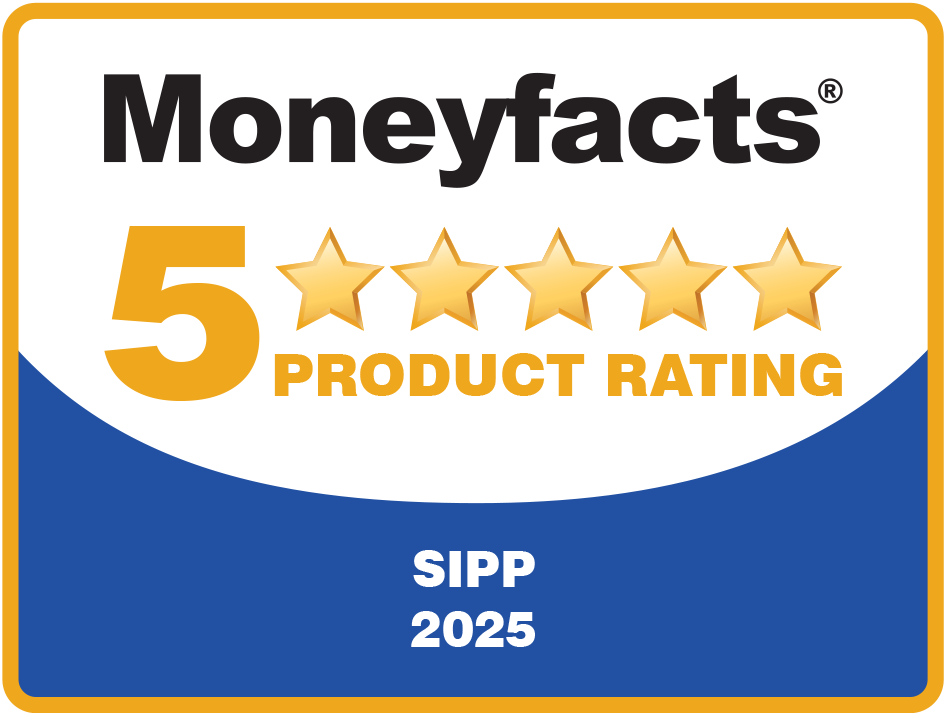Buying commercial property in a SIPP – some tips from a panel solicitor
Over recent years, we’ve developed a strong reputation for excellence when it comes to holding commercial property through a SIPP. It is a major part of what we do.
Indeed, we:
- Own more than 1,100 properties on behalf of our clients
- Typically have more than 50 transactions in progress at any one time
- Employ a third of our staff in the property team.
As well as our recent article about the top seven reasons clients choose IPM for their SIPP, we have also previously written about other topics in this area:
- Your complete guide to commercial property purchase in a SIPP
- 4 simple and practical benefits of owning commercial property in a SIPP
- How to make a transfer in specie – a case study
- How a SIPP could help with cash flow, and an example
IPM has been purchasing properties on behalf of our clients since we established our business in 1999.
While our approach has always been to allow clients as much flexibility as possible within their SIPPs, there are some areas where, for the benefit of smooth administration, we put requirements in place.
As an example, we would like a member of our panel solicitors to be involved in any transaction.
Purchasing property within a SIPP brings different considerations than other types of purchase. HMRC guidelines set out how SIPP transactions must be carried out and the solicitors acting for the SIPP must have a good knowledge of these.
Furthermore, clients often forget that they/their business are not the buyers in any purchase we undertake – it is IPM. Although we will only ever act once directed by the client, it is IPM (as asset trustee for the benefit of the client) who owns the property and will instruct solicitors on the transaction.
Our panel of solicitors is small and consists of like-minded firms with whom we have built good relationships over the years. There have been many times that the strength of these relationships has been beneficial when issues arise.
It is also important that our solicitors know where IPM’s red lines are – just because HMRC guidelines may suggest that something is technically possible within a SIPP doesn’t always mean this would be in the best interest of the pension fund.
Matthew Waite & Co. is one of the solicitors we have worked with since our first day back in 1999. Matthew and his team have proved invaluable to IPM over the years, with their experience and knowledge in the SIPP property area benefiting hundreds of IPM clients.
We recently asked Matthew to share what he thought were some key areas that clients should consider from a conveyancing perspective when purchasing a property through a SIPP.
Helpfully, as well as covering these relevant points, he has also looked at these from how IPM would view each scenario.
Purchasing commercial property in a SIPP – a solicitor’s view
Hi, I’m Matthew from Matthew Waite & Co. solicitors.
The acquisition of a commercial property using a SIPP is a popular choice among many investors and IPM has established an enviable reputation in this field, offering unrivalled experience coupled with a friendly and proactive approach.
We are delighted to have enjoyed a professional relationship with IPM for more than 25 years and have successfully completed hundreds of transactions on their behalf.
There are various factors you need to bear in mind when looking for a property for your SIPP:
- Fundamentally, pensions legislation prohibits the acquisition of any property with a residential element. The property must be used solely for commercial purposes.
- The land must be income-producing and must have access to a public highway.
- IPM will consider both freehold and long leasehold properties. With a long leasehold property, however, to protect your pension fund IPM will need to be satisfied that the terms of the long lease do not contain onerous provisions that might impact upon the future value, marketability or mortgageability of the property.
Look out for the absence of a mortgagee protection clause in a long lease
One particular issue that occasionally arises is the absence of a mortgagee protection clause in a long lease.
This is a clause which provides that, before a landlord can forfeit the lease (repossess the property), the landlord must serve notice of any alleged breach of the lease terms upon a mortgage lender and give the lender a reasonable opportunity to remedy the breach, to avoid forfeiture.
All major commercial lenders insist upon the inclusion of a mortgagee protection clause in a long lease. The problem of a missing mortgagee protection clause is relatively common in older-style leases. However, in most cases, this can be remedied by the seller and landlord entering into a deed of variation, to incorporate a mortgagee protection clause before completion of the sale of the property to IPM.
IPM offers a flexible and individualised approach and is willing to consider most types of commercial property including, for example:
- Offices
- Industrial units and warehouses
- Shops and other retail units
- Agricultural land
- Pubs and restaurants.
There are, however, some exceptions and it is always prudent to check with IPM whether a particular property will be an acceptable purchase for the SIPP.
An open market valuation is always needed
IPM will always require an independent open market (“red book”) valuation of the property.
If the property is being acquired from a connected party, the purchase price must reflect the valuation.
Where a client is acquiring a property from an independent third party, there is some flexibility.
Ensuring the property is an acceptable risk from an environmental perspective
Through the searches and enquiries we will undertake as part of the due diligence process, we will carefully check the environmental condition of the property and ensure that the property is an acceptable risk.
In particular, we will check to see whether:
- There is a risk of statutory or third-party action being taken for remediation of the site
- The property will represent acceptable banking security from a contaminated land perspective
- There is a risk that the property value may be impacted due to contaminated land liability issues.
Speak to IPM if there’s no occupational lease on completion
If the property is vacant, IPM will look to put in place an occupational lease to generate income for your client’s SIPP.
In most cases, IPM will wish to put the lease in place with effect from completion, but this can sometimes be deferred, such as if the property is being acquired with vacant possession and will be advertised for letting.
You should contact IPM first for details of their requirements if there is to be no occupational lease in place immediately on completion.
In many cases, of course, a property will be acquired subject to an existing occupational lease. In these cases, we will need to check that the lease does not contain onerous or unacceptable conditions that might be detrimental either to your SIPP or to IPM as landlord.
Get in touch
Thanks to Matthew for his insights.
If you want to have a chat about the potential of SIPPs for your clients, or any other aspects of pension planning, please contact us. Email info@ipm-pensions.co.uk or call 01438 747151.



